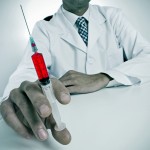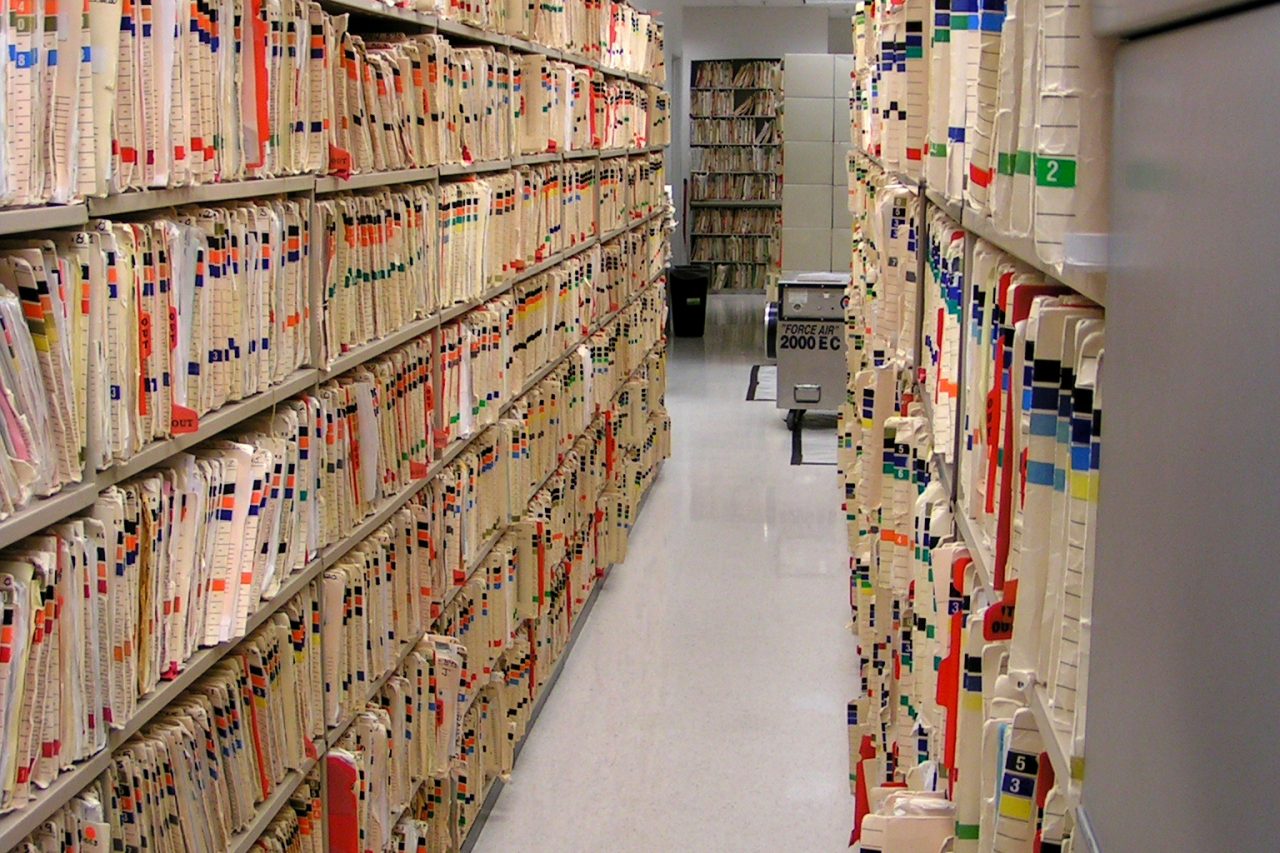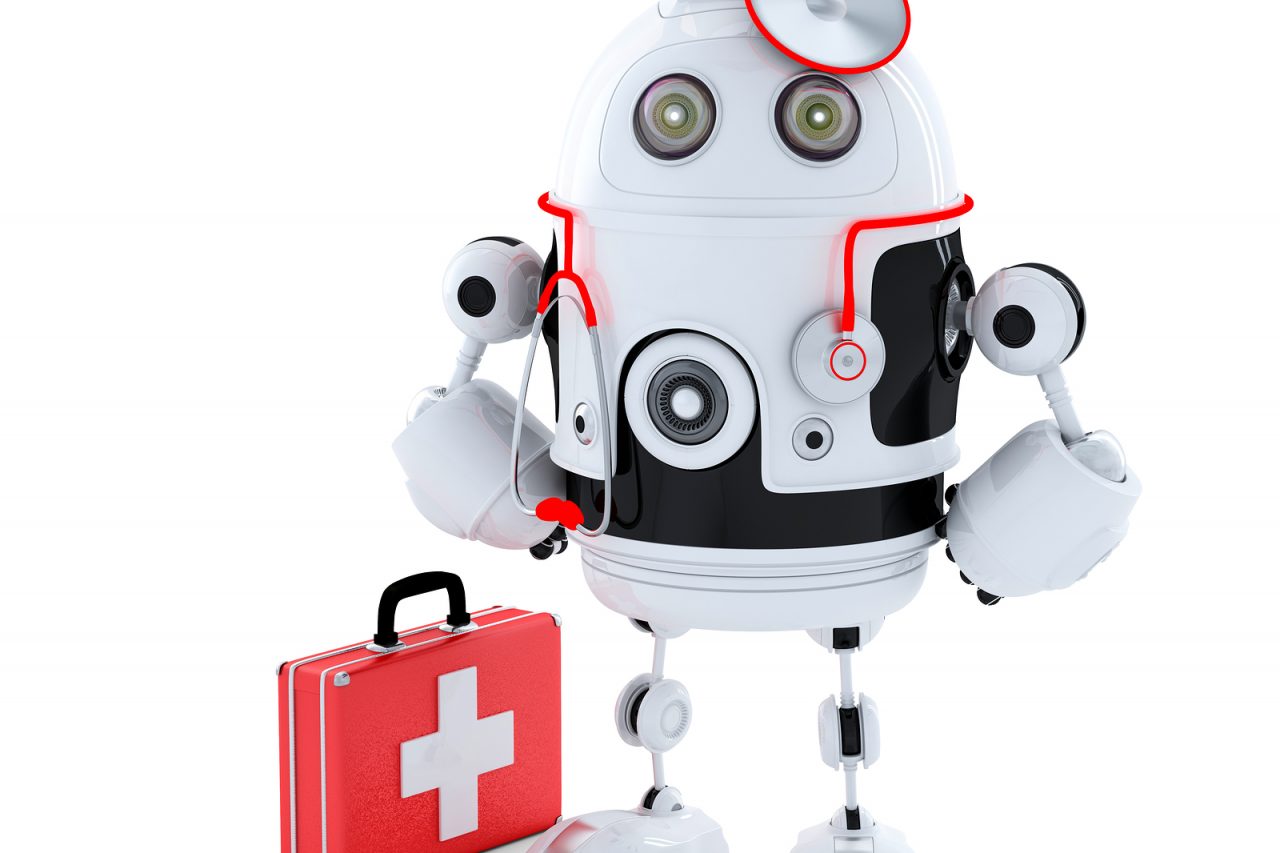I do not know about you, but I get confused about the Heisenberg uncertainty principle. Asked for a definition, I usually say something about how when you try to measure something, you change it, therefore one can never be complete or exact in measurement. However, that is wrong. The uncertainty principle has nothing to do with the effects of measurement, but rather its limits. If you measure one thing, such as the speed of a car, you cannot at the same time, accurately, determine the location of the car, simply because it is moving.
When we say that measuring an object or event changes it, we are talking about the “Observer Effect. ” I cannot taste a cake, without removing a few crumbs. Cannot measure the temperature of an oven, without stealing a bit of heat. Cannot measure the pressure in a tire, without venting a sample of air. Must lift a stone to weigh it.
In healthcare, examples of the observer effect are ubiquitous; they define the practice of medicine. We take blood to measure anemia. Cut tissue to render a biopsy. Radiate to do a CT scan. Raise blood pressure by squeezing the upper arm, as we take a reading. Demand psychiatric introspection as we try to understand emotional crisis. Use toxic drugs to make possible curative therapy.
Patients expect to be altered, even as they are observed. It is part of the sick role, to consent to be changed, damaged, as we yearn to be repaired. We call these changes “side effects,” “complications” or just the cost of treatment. We allow our hearts to be broken, so we may heal. The frailty, interconnectivity and sensitivity of our body’s means that care is intrusive, disruptive and altering. If we do not allow such invasion, which becomes more destructive as the illness becomes more threatening, then testing, diagnosis and treatment would be impossible.
It occurs to me that in the practice of medicine, it is not just the patient being “observed,” measured, and tested and, therefore, it is not only the patient being changed. Just as the doctor’s touch alters the patient, so the patient’s touch alters the doctor. While this may not be the stated goal of the interaction, it is definitely its effect. With each patient, each day, and throughout a career, a physician is molded. His or her heart is figuratively broken, and as they heal, they are never the same.
Last Wednesday was a “bad” day in the office. Carmen was devastated to learn that her PET/CT scan showed new cancer growth. Long time patient Allen changed doctors, because he did not think I understood his needs. Nick had an anaphylactic reaction to a new chemo drug. Ester was found to be getting narcotic prescriptions from other doctors, and probably selling them. A physician friend of mine was sued. Tom died.
Last Thursday was a “good” day in the office. Chris started multidrug therapy and, despite the six-hour infusion, had no side effects. Lung cancer survivor Joan and I laughed for 10 minutes, looking at video of her grandson. Steve’s biopsy was benign. Paula’s out-of-control liver test, turned out to be a lab error. Stella celebrated 10 years cancer free. An exciting breast cancer study was published. Nina’s first restaging CT scan shows a complete remission.
Doctors change with days like these. When you hold a patient in your arms after telling them they will soon die, or hug close the infant child of a cured leukemia patient, you are altered, corrupted, modified, as if you inhaled the air of a frozen winter day or watched sunrise burst on an azure sea.
If a physician is lucky, if they have good supports, if they are blessed with a holistic view of the world, then the experience, the lessons, will make them better at the practice of medicine and happier in life. Allowing, in fact yearning for change, which is the complement of the sick role, will build in the doctor the skill to be a true artist who can sense the physical and emotional needs of patients. They are molded into healers more than any text or professional mentor could offer.
If a physician is unlucky, has weak supports, and has invasive and destructive experiences, which come at the wrong times, they may become bitter, burned out, angry and isolated. Good days will be brutal. The side effects of the practice of medicine will injure them, so that they cannot go on.
Heisenberg, of course, was talking about quantum mechanics, the movement of sub-microscopic particles through space, randomly slamming in to one another and changing with time. Perhaps, that is all we truly are. Tiny beings in an infinite universe, randomly running in to each other and, with each bump, each moment, the wonder of each experience, changing over time. Where ever we meet, whenever we touch, even if it is just a few minutes in an emergency room, a hospital ward or a clinic, we are both altered, forever.







5 Comments